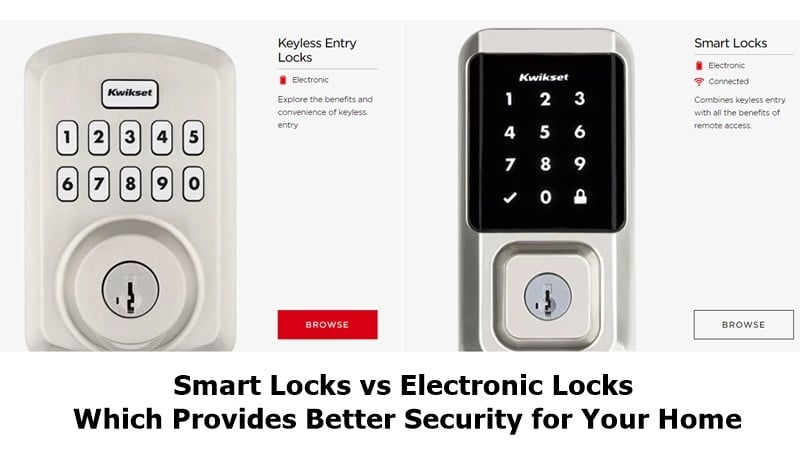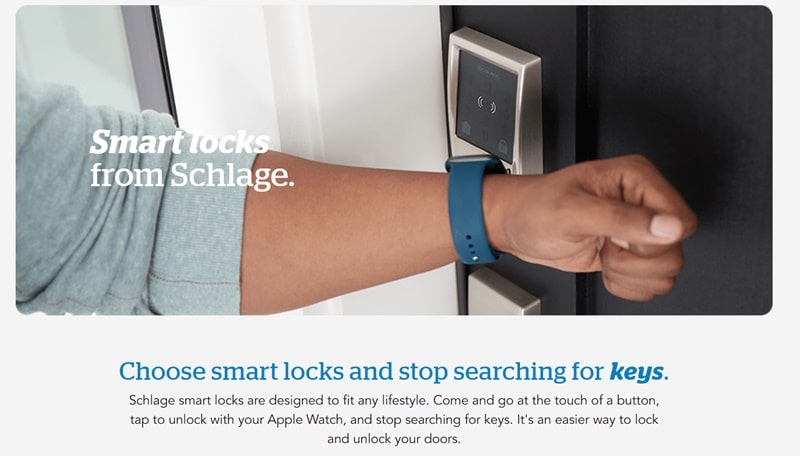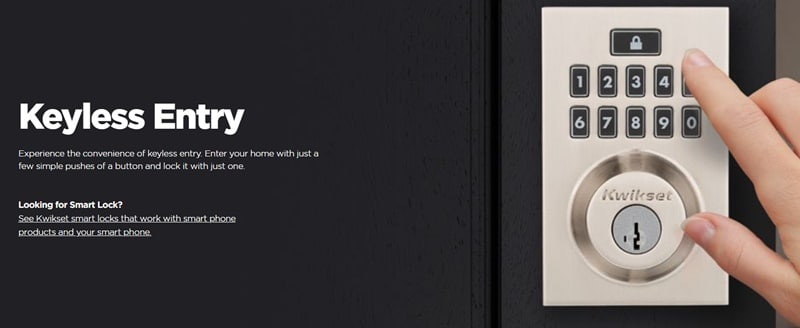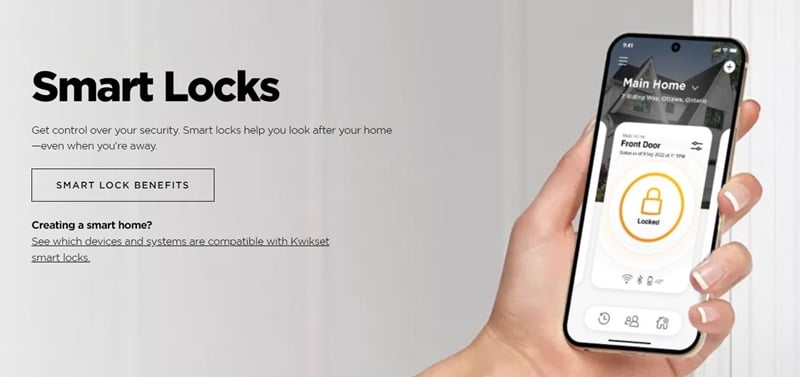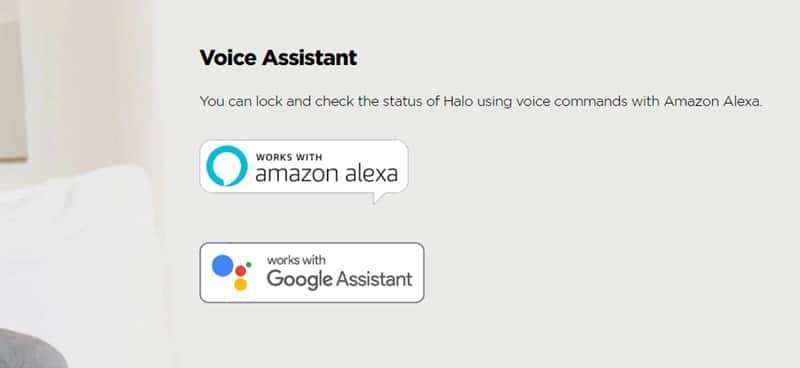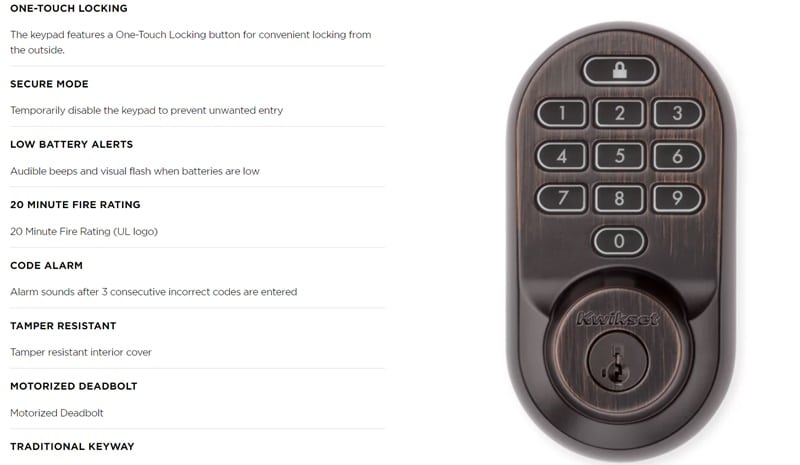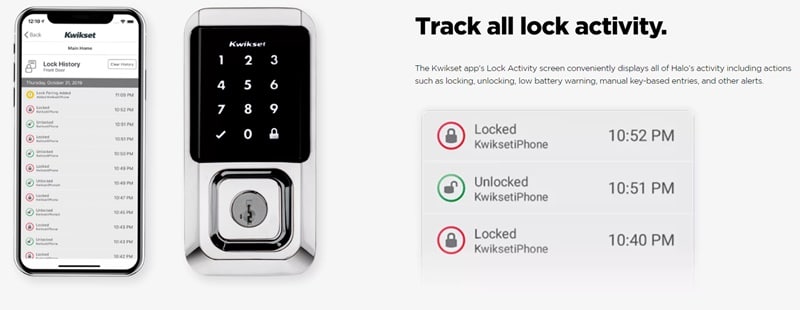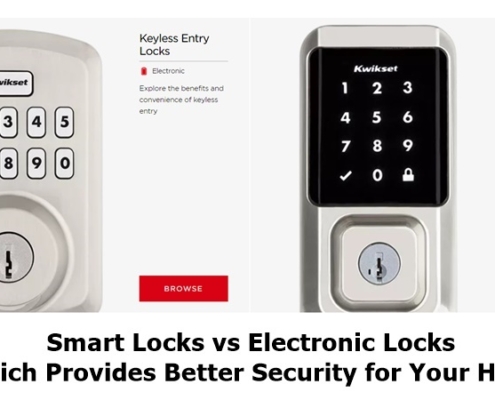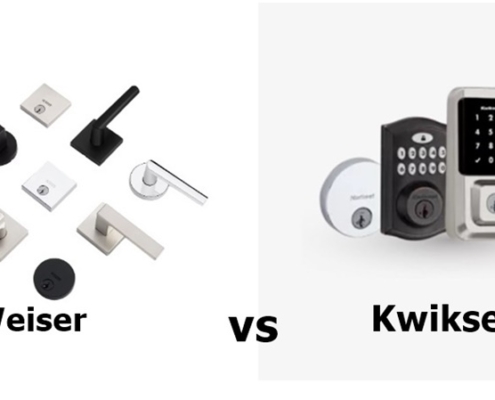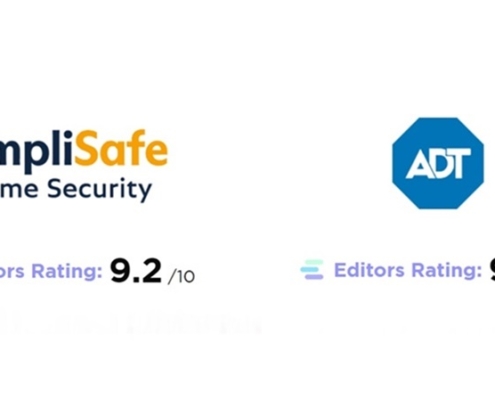Smart Locks vs Electronic Locks: Which Provides Better Security for Your Home?
Explore the battle of home security: Smart Locks vs Electronic Locks. Discover which offers superior safety and convenience for your home
In the rapidly evolving world of home security, homeowners are faced with choosing between smart and electronic locks. This article explores the differences between these two types of locks, focusing on their security features, convenience, durability, and overall value to help you decide which is better suited for your home’s protection.
Key Takeaways
- Smart locks offer advanced security features like encryption and temporary access codes, ideal for homeowners prioritizing convenience and modern security.
- Electronic locks are known for their durability and reliability, making them suitable for high-traffic areas and those who prefer traditional security without needing connectivity.
- Integration with home security systems and remote access capabilities are significant advantages of smart locks, enhancing overall home safety and user experience.
- The long-term performance of a lock is crucial; assessing material quality, battery life, and maintenance needs will guide you to a more dependable choice.
- Selecting the right lock for your home depends on individual needs, including the level of security desired, budget constraints, and compatibility with existing home automation systems.
Fundamentals: Smart Locks vs. Electronic Locks
Defining Smart Locks and Their Capabilities
Smart locks are a modern take on home security, offering a keyless entry system that integrates with the Internet of Things (IoT) technology. Unlike traditional locks, smart locks allow homeowners to lock and unlock their doors using various methods such as security codes, mobile devices, voice commands, and even fingerprint recognition.
Smart locks provide enhanced control over who can access your home and when. They can be installed over existing deadbolts or as a complete replacement, making them versatile for different home setups.
The convenience of smart locks extends beyond simple locking mechanisms; they can send notifications to your phone, track entry and exit logs, and even integrate with other smart home devices for a comprehensive security system.
- Multiple Access Methods: Security codes, mobile apps, voice, and biometrics.
- Notifications & Logs: Real-time alerts and access history.
- Integration: Works with smart home ecosystems.
Smart locks not only offer convenience but also provide a layer of security that is customizable to individual needs, ensuring that homeowners have peace of mind with their home’s safety.
Exploring Electronic Locks and Their Mechanisms
Electronic locks have established themselves as a staple in home security. Equipped with a keypad or key card system, these devices offer a keyless entry experience that is both convenient and secure, eliminating the traditional key.
Electronic locks are not only about ease of entry but also about enhancing security. They often come with features such as timed access control, which can be particularly useful for businesses or rental properties.
While they may not boast the same level of connectivity as smart locks, electronic locks are praised for their durability. This makes them suitable for high-traffic areas or commercial settings.
However, it’s important to note that they may lack some of the more advanced features found in smart locks, such as remote access control security, which can be crucial for monitoring the safety of children and elderly parents when away from home.
Comparing Usability and Accessibility Features
When considering the usability and accessibility of smart locks versus electronic locks, several factors come into play. Smart locks often provide a higher level of convenience with features like remote access, allowing homeowners to unlock or lock their doors from anywhere using a smartphone app. While less connected, electronic locks offer simplicity and reliability with keypads or card access systems.
The design and aesthetics of a lock can also influence its usability. Some models feature sleek designs that blend with home decor, while others prioritize functionality with user-friendly interfaces such as touch screens or thumb turns.
Lastly, when selecting a smart lock, connectivity is key. Opt for a lock with reliable Bluetooth or WiFi capabilities to ensure smooth operation and integration with other devices.
How Smart Locks Enhance Home Safety?
Advanced Encryption and Security Protocols
High-end smart locks have advanced encryption algorithms and authentication protocols crucial for preventing unauthorized access. These security measures ensure that only individuals with the correct credentials can unlock the door.
For instance, the Schlage Encode Plus and August WiFi Smart Lock are celebrated for their robust security features, offering homeowners a sense of security and peace of mind.
To maintain a high level of security, it is essential to use strong passwords and WiFi connections. Passwords should be lengthy, incorporating a mix of letters, numbers, and symbols, and avoid using easily guessable personal information. This practice is vital for locking and safeguarding other devices connected to your home network.
The integration of security features such as encrypted Bluetooth connections, automatic locking, and two-factor authentication significantly enhances the safety of smart locks. These features, combined with the physical durability and strength of the lock, provide a formidable barrier against potential break-in attempts.
Temporary Access Codes and Visitor Management
Smart locks revolutionize the way homeowners manage access to their residences. Temporary access codes are a standout feature, allowing owners to grant entry to guests without compromising overall security. These codes can be set to expire after a certain time or after a single use, ensuring that access is controlled and temporary.
The ability to assign temporary codes is particularly useful for managing service providers, short-term renters, or visitors. It eliminates the need for physical key exchanges and enhances the convenience for both the homeowner and the guest.
Integration with Home Security Systems
Smart locks are not just standalone devices but a crucial part of a comprehensive smart home ecosystem. Integrating with home security systems is a significant advantage, offering homeowners a unified control experience. For instance, smart locks can automatically lock when a security system is armed or trigger alarms if tampered with.
- Compatibility with various platforms is key. Many smart locks work seamlessly with systems like Apple HomeKit, Amazon Alexa, or Google Assistant.
- Look for Matter support, which ensures easy integration across multiple systems such as SmartThings or Apple Home.
- The integration allows centralized control through a home automation app or voice commands, simplifying the user experience.
Integration with your home security system enhances not only convenience but also the security level of your home. By ensuring that your smart lock can communicate with other devices, you create a more responsive and cohesive security environment.
The Convenience Factor
Smartphone Control and Remote Locking/Unlocking
The advent of smart locks has revolutionized the way we secure our homes. With the convenience of smartphone control, homeowners can now lock and unlock their doors remotely, ensuring peace of mind when away from home. This feature is particularly useful for managing access for guests or service providers without needing physical keys.
- Remote access allows for real-time control and monitoring of entry points from anywhere, at any time.
- Users can grant and revoke access to multiple individuals, keeping a log of entries and exits.
- Voice and app control integration with smart home ecosystems like Google Home or Amazon Alexa adds a layer of convenience, enabling hands-free operation.
The integration of smart locks with mobile technology means never having to wonder if you remembered to lock the door. With a simple tap or voice command, your home’s security is at your fingertips.
The Schlage Encode Smart WiFi Deadbolt exemplifies the seamless integration of smart technology into home security. It offers remote access and the ability to manage permissions and receive notifications, ensuring you’re always in the loop about who’s coming and going.
Voice and App Control Integration
Integrating voice and app control has revolutionized how we interact with smart locks. Homeowners can now use voice commands to control their locks through popular voice assistants such as Google Assistant and Amazon Alexa. This hands-free operation enhances convenience and accessibility, especially when your hands are full or you’re not physically present to manually unlock the door.
Smart locks are also accompanied by dedicated apps, providing a user-friendly touchscreen interface for remote management. You can lock or unlock your doors directly from your smartphone or even an Apple Watch, whether at work or on vacation. The apps often include additional features like creating virtual keys for guests and ensuring secure and convenient access for friends and family.
The seamless integration with home ecosystems like Apple HomeKit, Google Home, and Amazon Alexa, along with the upcoming Matter standard, ensures that smart locks can be a part of a broader smart home setup. This interoperability not only simplifies the user experience but also paves the way for future innovations in home security.
Here’s a quick overview of the connectivity options and their respective benefits:
- WiFi: Remote access from anywhere
- Bluetooth: Ideal for nearby control without internet
- Apple Home: Manage locks with the Home app and Apple Watch
- Amazon Alexa: Enables voice control and additional features
- Matter-Compatible: Promises broader compatibility and easier setup
Durability and Reliability
Material Quality and Lock Longevity
Regarding the longevity of smart and electronic locks, material quality plays a pivotal role. High-quality materials not only ensure durability but also contribute to the overall security of the lock. For instance, locks made from robust metals like steel or brass can resist physical attacks better than those made from weaker materials.
It is essential to check if the lock comes with a warranty or guarantee, which can be a testament to its durability and the manufacturer’s confidence in the product.
Maintenance is also a key factor in ensuring the longevity of your lock. Regular cleaning and software updates can keep your lock functioning optimally.
Lastly, consider the lock’s resistance to environmental factors such as moisture, temperature changes, and UV exposure, which can affect its performance and lifespan.
Battery Life and Power Backup Solutions
When considering the longevity and reliability of smart locks, battery life is paramount. Smart locks, such as the SwitchBot Lock, are typically powered by batteries, and users should be aware of how long these batteries can sustain the lock’s operations. A robust smart lock will alert users via a mobile app when the battery is nearing depletion, ensuring continued access to your home.
In the event of a power outage, smart locks continue to function on battery power, allowing for normal locking and unlocking actions. However, certain smart features that require an internet connection may become unavailable if the router loses power. It’s essential to understand what happens to smart locks when the power goes out and to prepare accordingly.
Consider locks with long battery life and low power consumption modes for optimal power management. The ease of battery replacement is another critical aspect; some locks may require professional assistance, while the homeowner can easily handle others.
For instance, Lockly smart locks boast a battery life that can last 6 to 9 months, with advanced battery and solar enhancements options, ensuring functionality for up to 300 additional uses even when the battery is low.
Key differences between Smart Locks and Electronic Locks:
Here’s a comparison table based on the key differences between Smart Locks and Electronic Locks:
| Feature/Aspect | Smart Locks | Electronic Locks |
|---|---|---|
| Connectivity | WiFi or Bluetooth enabled, allowing remote access and control. | Typically lack internet connectivity; operate on a standalone basis. |
| Integration with Other Devices | It can integrate with other smart home devices and platforms like Alexa, Google Assistant, and HomeKit. | Generally, they don’t integrate with a broader smart home ecosystem. |
| Methods of Access | Fingerprint, app control, voice commands, geofencing, and traditional methods. | In some models, Keypad, card access, proximity tokens, and traditional methods. |
| Installation Ease | Often retrofit existing deadbolts; app-guided installation. | Varies: some models might require professional installation, especially if wired. |
| Compatibility | Consider door thickness and existing deadbolt. | Check door type and proximity to a power source. |
| Price | Typically more expensive due to advanced features and potential subscription costs. | Basic models can be more affordable with minimal ongoing costs unless part of a larger security system. |
| Security Level | Encryption, tamper alerts, access logs. Vulnerable to hacking but with security protocols in place. | Code security, physical robustness. Vulnerable to code sharing and battery dependency. |
| Functions | Remote access, smart home integration, guest access. | Keyless entry, multiple user codes, auto-lock feature. |
| Availability of Grades | Many have received grades from institutions like ANSI based on resilience and durability. | It can also be graded based on durability, resistance to tampering, and overall robustness. |
| Verdict for Different Scenarios | Ideal for tech-savvy homeowners and those with smart homes. | Suitable for budget-conscious consumers and businesses needing scalable security. |
This table provides a concise comparison of the two types of locks, making it easier for readers to understand their key differences.
Making the Right Choice
Analyzing Your Home’s Specific Needs
The answer depends on your specific needs when choosing the right locks for your home security. It’s not just about picking the most advanced lock; it’s about finding the one that aligns with your lifestyle and security requirements.
Before making a decision, consider the following points:
- The level of security you require.
- The compatibility with your home automation system.
- The features that are most important to you, such as remote access, user logs, or temporary access codes.
It’s crucial to pick a smart lock that suits your specific needs, provides the right level of security, and integrates seamlessly with your home automation system.
Remember, the best smart lock for your neighbor might not be the best for you. Analyze your daily routines, the frequency of guests, and how tech-savvy your household is to determine the most suitable features. For instance, if visitors often need temporary access, a lock with easily programmable temporary codes would be ideal.
Comparing Cost-Effectiveness and Value
Regarding the cost-effectiveness of smart locks versus electronic locks, weighing the initial investment against the long-term benefits is essential. Smart locks often come with a higher upfront cost but offer advanced features like remote access, enhanced security protocols, and integration with home automation systems.
On the other hand, electronic locks are typically less expensive and provide basic access control without an internet connection.
While traditional locks are generally more budget-friendly, the added convenience and security features of smart locks can justify the extra expense for many homeowners.
It’s also important to consider the potential savings in maintenance and convenience. Smart locks can offer savings on key replacement and locksmith services, as they often allow for easy re-coding. Here’s a quick comparison to help you understand the value proposition:
- Smart Locks: Higher initial cost, advanced features, potential long-term savings.
- Electronic Locks: Lower initial cost, basic features, less flexibility in features.
Ultimately, the best choice depends on your specific needs and how much value you place on convenience, security, and integration with other smart home devices.
Reviewing Top Smart Locks and Electronic Locks on the Market
When selecting the best lock for your home, the market offers many options, each with its features and price points. The decision ultimately hinges on balancing security, convenience, and budget.
In the realm of smart locks, the Level Lock+ Connect emerges as a standout choice, praised for its seamless integration and discreet appearance. For those seeking value, the Wyze Lock Bolt offers keyless entry without breaking the bank. On the other hand, the Defiant Smart WiFi Deadbolt presents a cost-effective alternative that doesn’t skimp on essential features.
It’s essential to consider long-term performance and ease of use when comparing these locks. Durability, battery life, and user-friendly interfaces are critical factors that contribute to the overall satisfaction with your choice.
While the best lock for your home is a personal decision, consulting reviews and testing summaries can guide you toward a lock that meets your needs. Remember, the right lock secures your door and enhances your daily life with its functionality.
Conclusion
In the debate between smart and electronic locks, the choice ultimately hinges on individual needs and preferences. Smart locks offer a high-tech solution with remote access, customizable user codes, and integration with home automation systems, catering to those who prioritize convenience and advanced security features.
On the other hand, electronic locks provide a more traditional, keyless entry with proven reliability and durability, suitable for those who may not require the bells and whistles of smart technology. Both locking mechanisms enhance home security, but the specific security requirements, lifestyle, and the level of technological engagement the homeowner desires should inform the decision.
As the landscape of home security continues to evolve, weighing the benefits of each system against your criteria will guide you to the right choice for safeguarding your home.
Frequently Asked Questions
What are the main differences between smart locks and electronic locks?
Smart locks offer advanced features such as remote control via smartphone, temporary access codes, and integration with home security systems. Electronic locks are more traditional, providing keyless entry through keypads or key cards without internet connectivity or smart features.
Are smart locks more secure than electronic locks?
Smart locks generally provide enhanced security through encryption and the ability to monitor and control access remotely. However, the level of security also depends on the specific models and their security protocols.
Can smart locks be integrated with other home security systems?
Yes, many smart locks are designed to seamlessly integrate with home security systems, allowing for a more comprehensive approach to home safety.
What should I consider when choosing a smart lock for my home?
When selecting a smart lock, consider factors such as the lock’s robustness, ease of setup, feature richness, and compatibility with your home automation system. Choosing a lock that meets your specific security and convenience needs is important.
How do electronic locks hold up in terms of durability and reliability?
Electronic locks are known for their durability and are built to withstand high foot traffic, making them suitable for residential and commercial settings. However, they may lack some advanced features in smart locks.
What are the benefits of being able to control a smart lock remotely?
Remote control of smart locks offers convenience, such as locking or unlocking your door from anywhere, creating or revoking access codes for visitors, and receiving alerts for lock activity, enhancing security and flexibility.

